Table of Contents
Beyond its pleasant anti-aging benefits, human growth hormone (HGH) also does a splendid job at accelerating recovery from surgery or injury as pointed out by scientific evidence. As a naturally occurring hormone in the body, it contributes significantly to muscle, bone, tendon, ligament repair and regeneration.
The recovery aspect is tied to the body growth stimulation role played by the human growth hormone that further results in cell division. The cell division process helps repair your wounds naturally and much faster.
This is great news for patients diagnosed with growth hormone deficiency (GHD) because it essentially means they can use their doctor-prescribed HGH dosage for injury recovery or during surgery rehabilitation. Patients taking a legally prescribed HGH dosage can have their doses modified to safely accelerate their recovery.
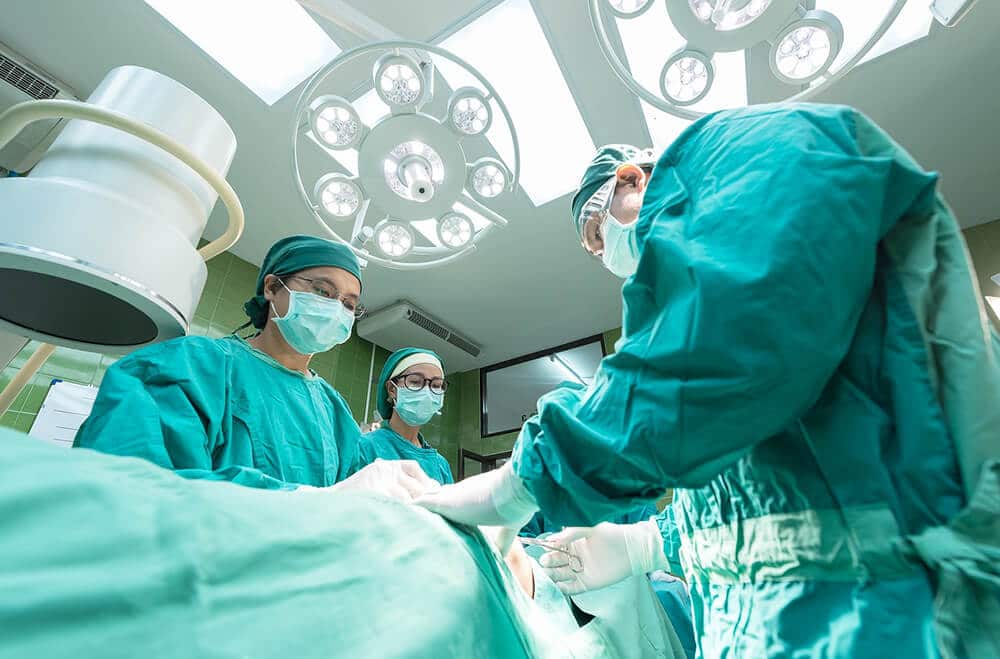
Read ahead to find out the various ways in which HGH can enhance healing, the recommended HGH dosage for injury recovery, as well as the potential side effects of the therapy when administered improperly, or fill out a form to receive a free consultation with one of our doctors.
Does HGH for injury recovery work?
Yes, it has been proven to produce excellent results because of the way HGH affects cell division. Regardless of the injury sustained, HGH helps in effectively speeding up the recovery process. Stimulation of new cells is a major factor in the body’s healing process.
Sometimes called cell proliferation, cell division plays a core role in the effective rehabilitation of most of the body’s tissues after exposure to trauma. Therefore, it is safe to state that HGH therapy helps in injury recovery at the cellular level. Read more on injectable HGH here.
How does HGH boost cell proliferation?
A recent research study conducted by the University of Illinois, Chicago states that the human growth hormone activates a special gene known as Foxm1 that’s directly responsible for stimulating cell proliferation and in turn, tissue recovery. The study was based on old mice suffering from liver injury and it showed how growth hormone was responsible for triggering Foxm1b gene expression and subsequent liver rehabilitation.
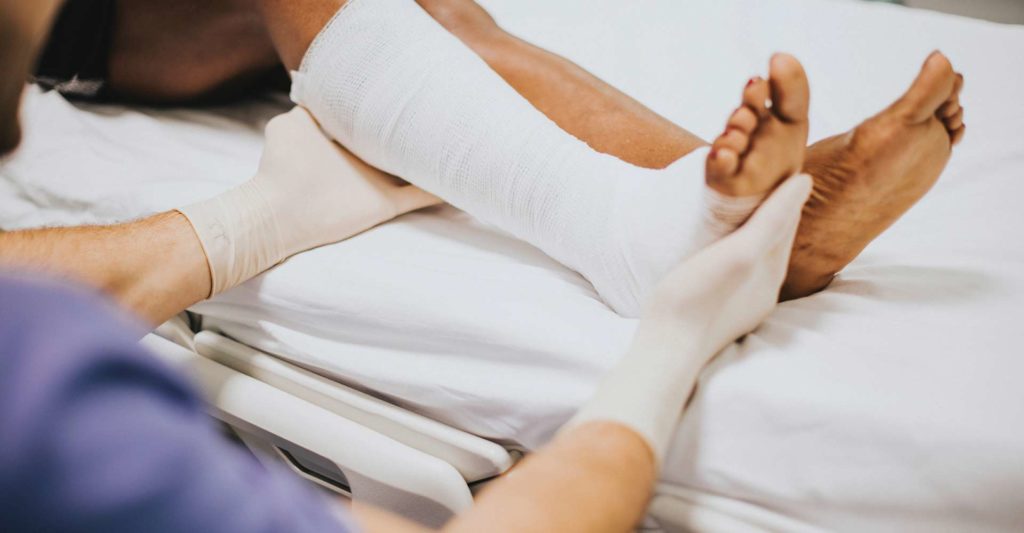
According to their observation, the scientists believe that the application of HGH for injury recovery is an effective way of countering the slow wound-healing process stemming from the effects of aging. They also suggest that HGH therapy can potentially help in accelerating injury recovery in body tissues that rely on cell proliferation to heal.
How is HGH for recovery after surgery effective?
To help you cope with the postoperative effects of a major surgical operation such as fatigue and immobility, HGH helps in accelerating the surgical wound healing process. However, that’s not all. HGH has a special ability to protect your body’s muscle mass from disintegrating and that can help enhance the surgery recovery as well.
A study was conducted on patients who had just undergone major and moderate surgery. HGH was administered to a section of the patients while the rest remained a control group for the experiment. Following a close observation, the patients that received HGH soon after surgery maintained a huge percentage of their lean body mass relative to their control counterparts.
It was further witnessed that the group that was recovering with the help of HGH experienced minimal postoperative fatigue and enhanced immunity further reducing their postoperative infection risk.
In another study, recombinant HGH has been shown to prevent muscle weakness post-surgery. The study focused on knee surgery that always results in the weakening of the quadriceps muscles during the postoperative duration. Administration of HGH therapy was shown to significantly preserve muscle strength while minimizing quadriceps muscle loss, a fact that further accelerated the patient’s recovery.
Does HGH help in tendon repair?
If you have experienced a tendon or ligament injury in the past, then you know how painful and slow the healing process can be. With HGH tendon repair, however, faster relief from posttraumatic pain becomes an obvious thing.
This is largely attributed to insulin growth factor 1 (IGF-1). The human growth hormone is responsible for triggering the production of IGF-1 in the liver. The IGF-1 hormone plays a critical role in supporting the growth hormone’s anabolic effects. IGF-1 is also a key player in tendon growth and reconstruction according to a recent scientific study conducted on adult mice.
More trials on mice indicate that IGF-1 carries the potential to speed up tendon healing following a surgical operation. The mice that received the insulin growth factor experienced minimal inflammation as well as faster restoration of their normal physical operations.
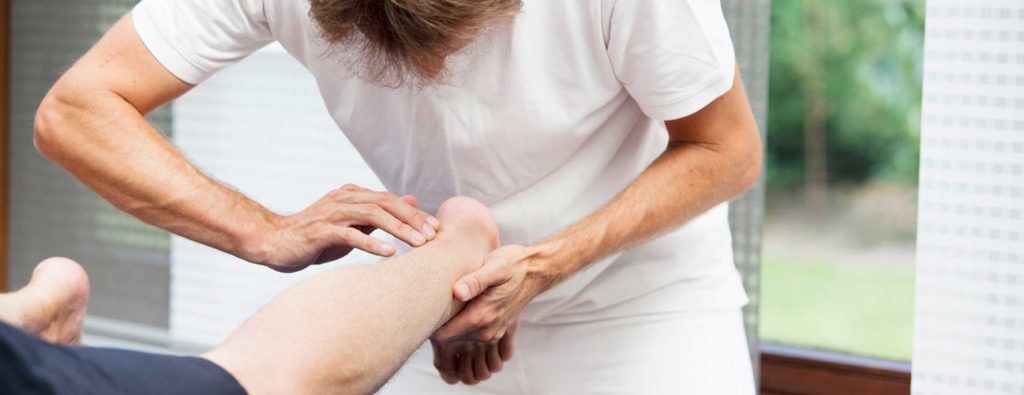
Other studies conducted on humans point out the ability of HGH to stimulate the production of collagen in human tendons. This might indicate that the growth hormone can potentially assist in tendon repair and healing. That said, more clinical trials still need to be conducted to ascertain the potency of HGH in aiding this repair.
How effective is HGH in wound healing?
Because of its special ability to trigger cell proliferation, the human growth hormone has attracted extensive attention as a potent solution for speeding up wound healing. Several scientific studies have followed that attention and the findings are very promising.
One such study comprising 46 children with acute skin burns observed the effects of HGH therapy on these burns versus placebo treatment. It was established that kids who had received the HGH dosage experienced faster burn wound healing and skin repair than their placebo counterparts. This further translated to a 25% quicker recovery for the HGH-treated children. Scientists believe that human growth hormone therapy can considerably reduce the duration of hospital admission for patients with burns and wounds.
In yet another study, it was shown that HGH therapy can potentially increase the rate of survival for patients with serious wounds. The study found that administering HGH therapy in addition to standard therapy lowered the mortality of patients by 11% compared to patients who never received the HGH therapy.
Does HGH help in nerve regeneration?
The limited regeneration capacity of neurons makes nerve damage irreparable. While that might be true and unfortunate, thanks to recent investigative studies on the matter, the human growth hormone has been pointed out as a potential therapy to reverse nerve injuries.
According to a recent study on patients with total spinal injuries, it was established that growth hormone deficiency is a popular scenario among such patients. However, combining HGH therapy with physical therapy has been seen to significantly enhance the recovery process of spinal injuries.
The patients that received the HGH therapy regained some of their lost perceptions slightly below the location of the injury following 6 months of therapy. This level of improvement was not witnessed in their placebo-treatment counterparts.
Certain animal studies have also pointed out that HGH can be a potent remedy for nerve damage in the brain. In one of these studies, several mice suffering from stroke underwent treatment using either GH or a placebo. The mice treated with growth hormone lost minimal brain tissue compared to their placebo-treated counterparts. In addition to that treatment milestone, it was further witnessed that the GH-treated mice recovered most of their cognitive abilities a lot faster.
Can HGH help with arthritis?
What are the anticatabolic and anabolic effects of growth hormone on cartilage? This is another medical area of interest that is currently under extensive studies and investigation. Scientists believe that the human growth hormone doesn’t directly affect the cartilage, but rather acts on it through the insulin growth factor (IGF-1).
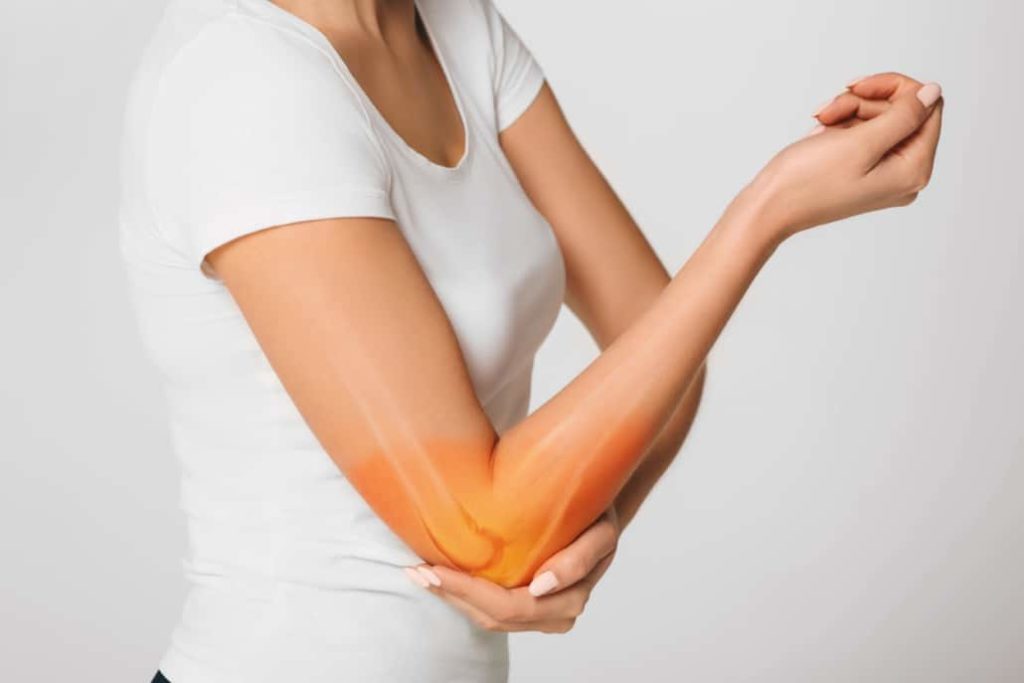
Several in vitro and animal studies have been conducted on the ability of IGF-1 to improve cartilage healing and reverse the effects of arthritis. These laboratory tests have shown some light at the end of the tunnel and clinical trials will soon follow.
In one of the recent animal studies, several rats were induced with both IGF deficiency and growth hormone deficiency. The rats that didn’t receive the growth hormone therapy suffered more exposure to and severity of osteoarthritis in their knee joints. This led to the safe conclusion that applying HGH in the treatment of arthritis symptoms might be especially potent for patients suffering from growth hormone deficiency.
What is the optimal HGH for recovery dosage?
Growth hormone and IGF studies reveal that growth hormone therapies administered at 0.6 IU/kg per day or 0.2 mg/kg per day generally accelerate the healing process in children. In adults, however, these doses are quite heavy given their relatively larger body weight and may be the cause of certain severe side effects. In fact, the recommended adult dose should never exceed the 9-15 IU (3-5mg) range per day.
For optimal results, intake of larger HGH doses should never be prolonged beyond a 14 to 21-day period owing to the great risk of undesirable effects. If you feel the urge to enhance your injury recovery, ensure you consult with your doctor before you alter your HGH dosage. Our consultation is free of charge once you fill out our contact form!
Some of the potential side effects of HGH recovery dosage may include carpal tunnel syndrome, headache, water retention, and diabetes. These will usually occur when the administration of HGH therapy is done improperly. This is why it is extremely imperative to only buy HGH medication legally and strictly based on a certified doctor’s prescription.
Smaller HGH doses of 0.1 mg/kg per day have demonstrated their effectiveness by accelerating healing within just 6 days of therapy. The growth hormone does an excellent job of fat metabolism while significantly minimizing energy and protein losses in the body. That also comes with the overall improvement in immune and organ function.
There is presently minimal evidence to support the idea of increasing HGH dosage before surgery in the hope of a better recovery process. However, raising the doses in the postoperative period for about 7 to 21 days is considered effective and safe.
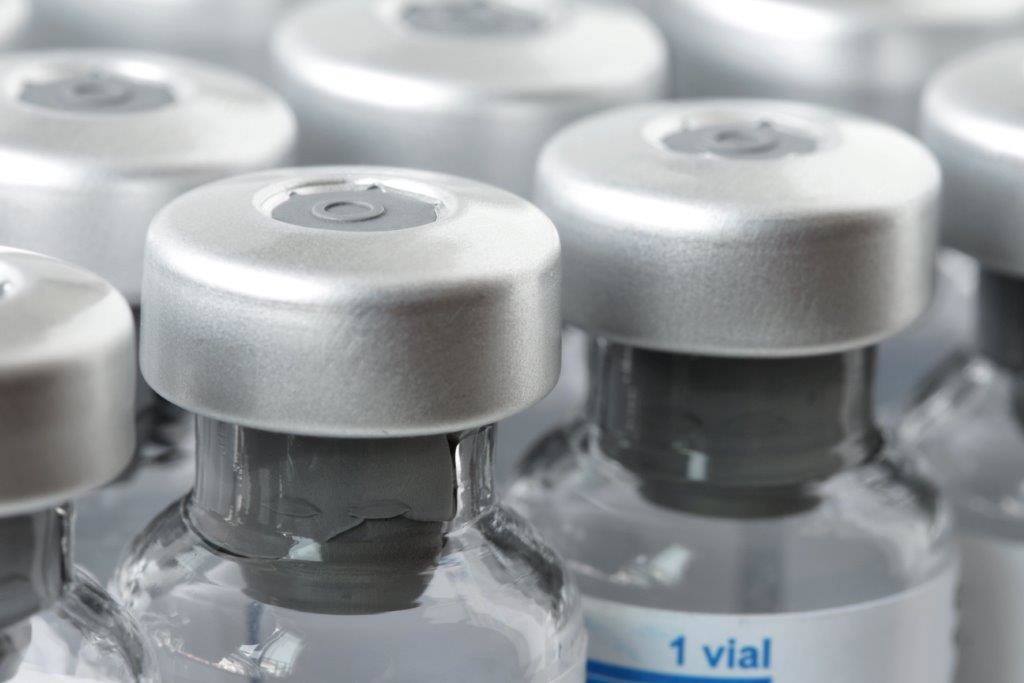
Final thoughts
Generally, the highlighted research stresses the potential of HGH in speeding up the healing and recovery process after exposure to wide-ranging injuries including arthritis, tendon injury, burns, wounds, and brain, as well as spinal injuries.
While this is great news, HGH therapy will only be effective and safe when prescribed legally by a qualified doctor able to monitor the patient and minimize the chances of severe side effects.
We can help you recover faster and safely!
You can partner with our qualified doctors for a personalized treatment plan without expecting any risks. Our highly skilled doctors will monitor your HGH injection therapy with a sense of care and safely help you manage your dosage. Get in touch with us today for a free consultation.


